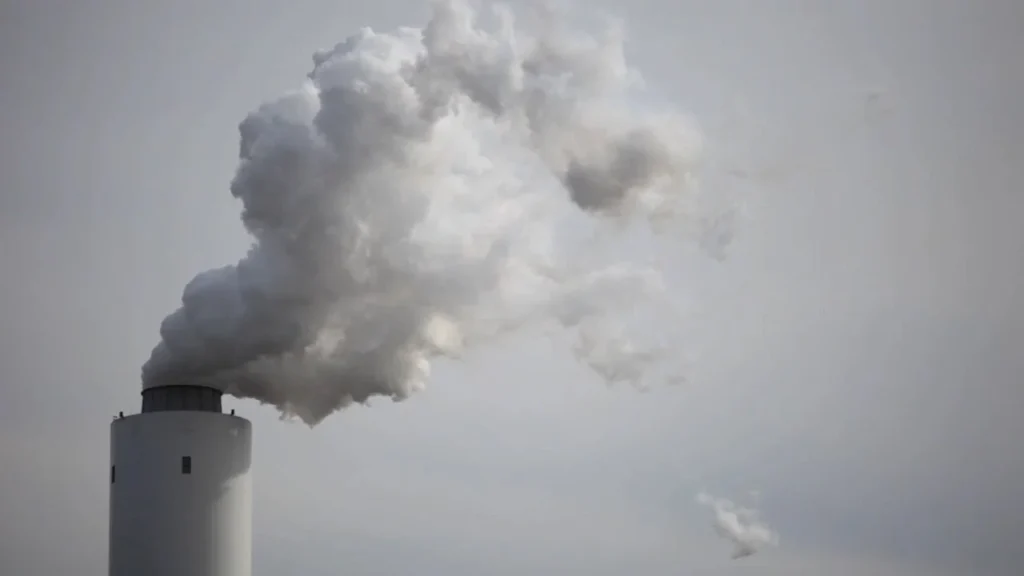Statement on Nation-Betraying Alberta-Canada MOU
by Keith Brooks, Programs Director, Environmental Defence
Toronto | Traditional territories of the Mississaugas of the Credit, the Anishinaabeg, the Haudenosaunee, and the Wendat – We denounce the Memorandum of Understanding (MOU) announced today between Alberta and Canada, and firmly reject the notion that it is in any way a bargain for people living in Canada. This deal is even worse than we had anticipated. This MOU is a blow to Canada’s climate ambition, our economic prospects, Reconciliation with First Nations and Indigenous Peoples, and national unity. This is a gift to the oil industry and Alberta Premier Smith, at the expense of practically everyone else.
A pipeline with no proponent, no market, no plan, and no consent makes no sense. Oil demand is expected to peak by the end of this decade. Pushing through with a new oil sands pipeline will lead to billions in stranded assets and cleanup liabilities.
41 civil society groups have come out in opposition to this project. Coastal First Nations have been firm that they do not grant their consent. More Canadians will join us and this project will face legal challenges, growing public opposition, and it will be fought every step of the way.
More information:
The MOU commits to building a new pipeline moving at least one million barrels per day of high-carbon and high-cost oil from Alberta’s tar sands. This will be in addition to a further expansion of the Trans Mountain pipeline. Filling this pipeline and expansion would require more oil sands mining, leading to more carbon pollution, more tailings, and worse impacts for communities near the tar sands. The pipeline to B.C. would have to cross some of the most challenging terrain in Canada. The impacts of construction would be severe, and the impacts of a spill, devastating.
To enable this, the federal government is prepared to declare the pipeline a project of national interest and adjust the oil tanker ban to allow crude oil tankers in the Hecate Strait, which is some of the most treacherous, globally significant coastal waters in Canada. Any exemption from the tanker ban would effectively end the ban. That’s how bans work. This is an unacceptable risk, which is why Coastal First Nations have been adamant in fighting to keep the ban intact.
After decades of experimentation, CCS still remains an ineffective technology and extremely expensive. In the MOU, Alberta and Canada have promised more subsidies and regulatory changes to develop the CCS pipeline. However, even in a scenario where CCS works, the Pathways CCS pipeline would not offset emissions from the oil that would presumably fill a new pipeline. An additional 1 million barrels of oil production would add just under 29 MTs of GHG emissions each year. Beyond its limited climate impact, a carbon capture pipeline also poses serious health risks. CO2 is colourless, odourless and heavier than air, which can lead to injury or death if it leaks from a pipeline.
Strengthened industrial carbon pricing in Alberta is certainly necessary – but this doesn’t excuse the removal of the oil and gas emissions cap, the suspension of clean electricity regulations and certainly doesn’t excuse another pipeline. The same can be said for the methane regulations. These are desperately needed and long overdue.
ABOUT ENVIRONMENTAL DEFENCE (environmentaldefence.ca): Environmental Defence is a leading Canadian environmental advocacy organization that works with government, industry and individuals to defend clean water, a safe climate and healthy communities.
– 30 –
For more information or to request an interview, please contact:
Midhat Moini, Environmental Defence, media@environmentaldefence.ca






